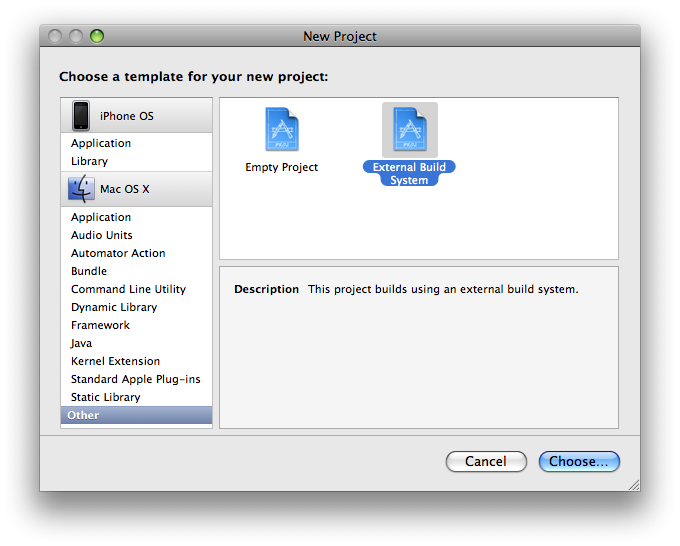For GCC 4.8 or GCC 4.9 installed as explained above, download this GCC 4.8 XCode plug in or this GCC 4.9 XCode plug in. For GCC newer then 4.9, you might find a plug in in the repository xcode-gcc. For XCode 6.x through 8.x (and probably 5.x), the plug in must be installed in the application at. Library CONIO GCC C for Windows e Linux (POSIX) New version 7.0 in 2021.05.24. This project presents clone of the Borland Turbo C / C or Embarcadero C library 'conio' for the GCC compiler, more precisely for the C language in Windows, Linux and Mac OS operating systems.
ROSE: an open source compiler framework to generate source-to-source analyzers and translators for C/C and Fortran, developed at Lawrence Livermore National Laboratory MILEPOST GCC: interactive plugin-based open-source research compiler that combines the strength of GCC and the flexibility of the common Interactive Compilation Interface that. Apple doesn't bundle a compiler with the base installation of Mac OS, so you're trying to build a compiler without a compiler. Furthermore, I'm not even sure if GCC's standard libraries properly support Mac OS ever since Apple dropped them. Getting Xcode really is the way to go here, even if it's bulky.-Albatross.
If you're like me, you find working on the provided Ubuntu VM to be tortuous and inefficient. It's such a shame to be running an operating system with all of the tools to you need to compile and run simple toy C programs but being forced to use a clunky virtual machine without all your favourite software. Here's what I do to ease the pain.
G++ For Mac
Mac OS X
This guide was tested on Mac OS X 10.10 Yosemite, but should also work on any version of OS X that Homebrew supports. It should work just fine on Mavericks, plus you get access to valgrind. (valgrind hasn't been ported to 10.10 yet, but it does work on 10.9)
gcc on OS X
By default, if you have Xcode installed, typing gcc into Terminal.app links to the llvm/clang compiler. Although clang is a great, modern compiler it isn't what's specified by the professor and could potentially lead to incompatible code (and lost marks). To avoid this, we can install and run the same (*a slightly newer) version of gcc natively on our Macs.
Homebrew
If you don't already have Homebrew installed, go ahead and do that now. For those of you familiar with Linux package managers, Homebrew is essentially Aptitude (apt-get) for OS X.
Install C++ Compiler Mac
From brew.sh: Office for mac 2011 download.
The installer will guide you through installing any missing dependencies you may have. (Commonly Xcode tools)

Once Homebrew is installed,brew install gcc
And that's pretty much it. But you have to watch out; gcc is actually just clang plus some extra libraries, you need to run gcc-4.9 instead.
Notice how gcc -v spits out something like
Which, clearly, isn't what we want. Notice the slight difference between clang -v and gcc -v.
Whereas gcc-4.9 -v should show something like
Note: if gcc-4.9 isn't being found, try opening a new shell. The $PATH sources need to be refreshed.
It's probably a bad idea to alias gcc to gcc-4.9 because some programs (Homebrew included) may expect clang. Instead, I suggest using Makefiles to easily specify your compiler.
ALWAYS test your code in the provided VM before submitting! You have been warned.
Using llvm/clang
Another option is just to use what's included with your system. llvm/clang is a very capable, modern compiler and can, for the most part, compile the exact same code that works in gcc, at least in the scope of COMP 2401.
Mac Install C++ Compiler
Mac Brew Install Gcc
Caveats
Best C++ Compiler For Mac
gcc (clang) appears to compile everything as C++ code, so you'll probably get some weird warnings that you otherwise wouldn't have seen. Fortunately, I've found that fixing things for clang tends to keep gcc-4.9 happy.
Comments are closed.